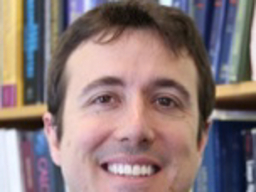Placebos, expectations, and self-fulfilling prophecies
Location
Library and Gallery, Albin O. Kuhn
Date & Time
April 12, 2017, 12:00 pm – 2:00 pm
Description
Dr. Wager is a Professor of Psychology and Neuroscience and a faculty member in the Institute for Cognitive Science at the University of Colorado, Boulder. He received his Ph.D. from the University of Michigan in cognitive psychology in 2003, and served as an Assistant and Associate Professor at Columbia University from 2004-2009. Since 2010, he has directed Boulder’s Cognitive and Affective Neuroscience laboratory. He has a deep interest in how thinking influences affective experiences, affective learning, and brain-body communication. His laboratory also focuses on the development and deployment of analytic methods, and has developed several publically available software toolboxes for fMRI analysis.
Placebo effects are improvements in signs and symptoms caused by the context in which a treatment is delivered. They are a natural part of the way our brains work; their mechanisms include learning and neuroplasticity, emotion, social cognition, and expectations and other future-oriented cognition. An underappreciated consequence of placebo effects is their capacity to induce ‘self-fulfilling prophecies’ — positive feedback loops between expectations and experience that can cause resistance to new information and persistent effects of prior beliefs, for good or ill. In this talk, I present a pair of behavioral and fMRI experiments that demonstrate reciprocal positive influences of expectations on pain experience and neurophysiology, and vice versa. This feedback system creates placebo effects that, once established, do not extinguish in spite of a complete absence of primary reinforcement. This empirical study helps provide a foundation for understanding why seemingly innocuous placebo interventions can end up having large and durable clinical effects in some cases.
